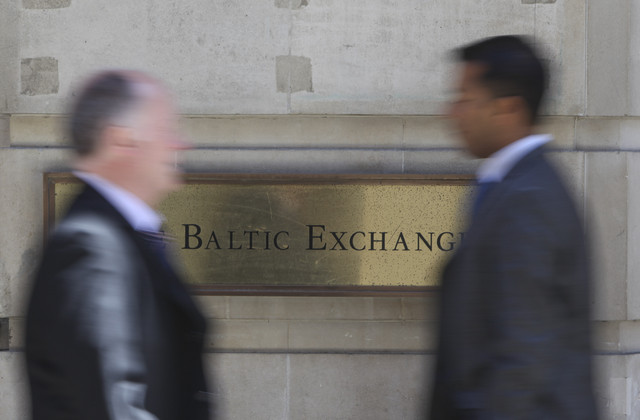
After months of discussions and regulatory proceedings, the acquisition of London-based Baltic Exchange by Singapore Exchange (SGX) is now confirmed.
The two companies announced that the transaction »has been completed as planned, bringing together complementary strengths of Singapore and London, two of the world’s most important maritime centres«. The despatch of consideration and payment of the Special Dividend to Baltic Exchange shareholders is expected to take place on 18 November.
Additionally, an important management topic has now been finalized. »Further to the announcement on 26 September that Mark Jackson has been appointed to the role of Chief Executive Officer of the Baltic Exchange, it is confirmed today that he will begin his role on 31 January 2017«, the Baltic Exchange said in a statement. Alex Lenhart, currently UK Country Manager for SGX, will serve as interim CEO. One year ago, previous EO Jeremy Penn had already announced to step back from his position in 2016 after 12 years.
The £87m sale of Baltic Exchange was set for final approval by shareholders of the shipping institution in late September. Final details had been published in early August, after the required majority of Baltic shareholders had indicated they would support the bid and shipbroker ‘panellists’ agreed to continue providing market data. The Baltic management had recommended the bid be accepted, chairman Guy Campbell saying it would »accelerate the growth and development of the Baltic Exchange beyond what it could achieve on its own.«
Interest in benchmark freight data

SGX had previously indicated that it was interested in the Baltic because of its role as a producer of benchmark freight data including a series of indices for the chartering of ships, the most famous being the Baltic Dry Index for bulk carriers. Baltic data also underpins the growing FFA (Forward Freight Agreement) market, an area of maritime-related derivatives where SGX has emerged recently as the leading clearing house.
Acquiring the Baltic would fit well with Singapore’s role as both a commodities hub and major maritime centre, chief executive Loh Boon Chye had explained on first launching the SGX bid. He has since pledged that the Singapore Exchange will work with the Baltic »to develop new products, benchmarks and services«. Many observers also see SGX’s move as a ‘prestige’ buy for Singapore, helping the city-state towards its aim of wresting London’s crown as the world’s leading centre for maritime business services. Some analysts were surprised at the high value of SGX’s bid given the Baltic’s net profit figure of only £1.34m in the year to end-March 2015, but a spokesman for the London-based Exchange pointed to it being »a very interesting investment with a huge potential for synergies.« .
The Baltic Exchange, founded in 1744, describes itself as a shipping business place with a diverse and international membership of 650 companies. In the announcement, Singapore Exchange is named »Asia’s leading and trusted market infrastructure, operating equity, fixed income and derivatives markets«.












